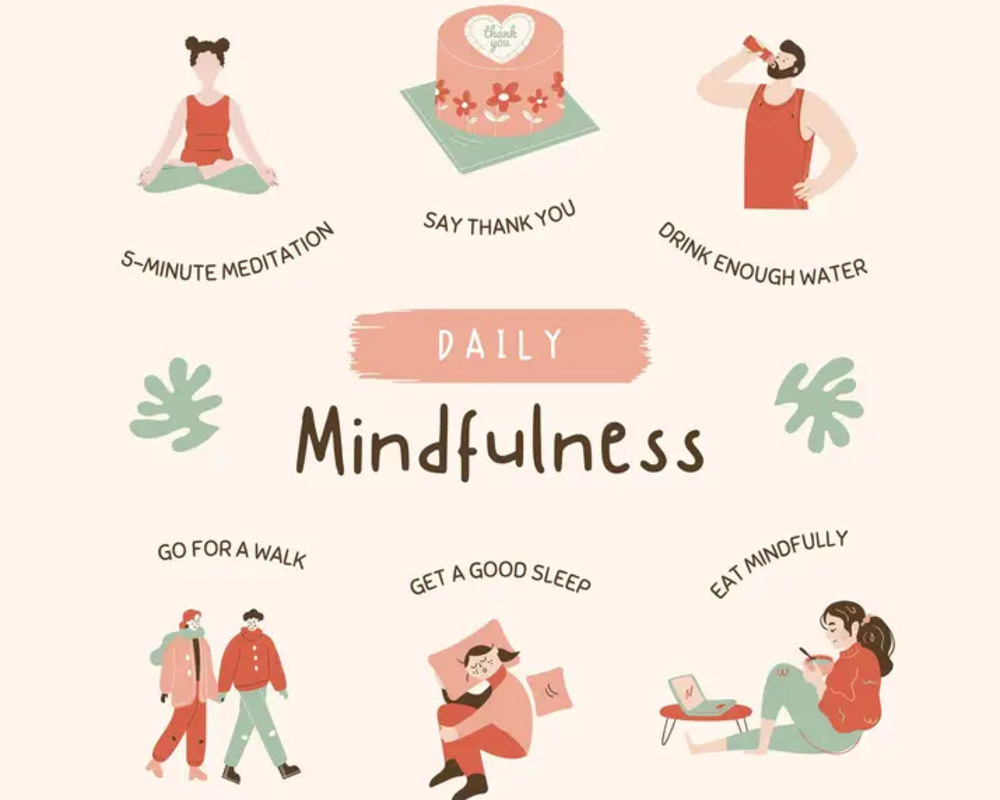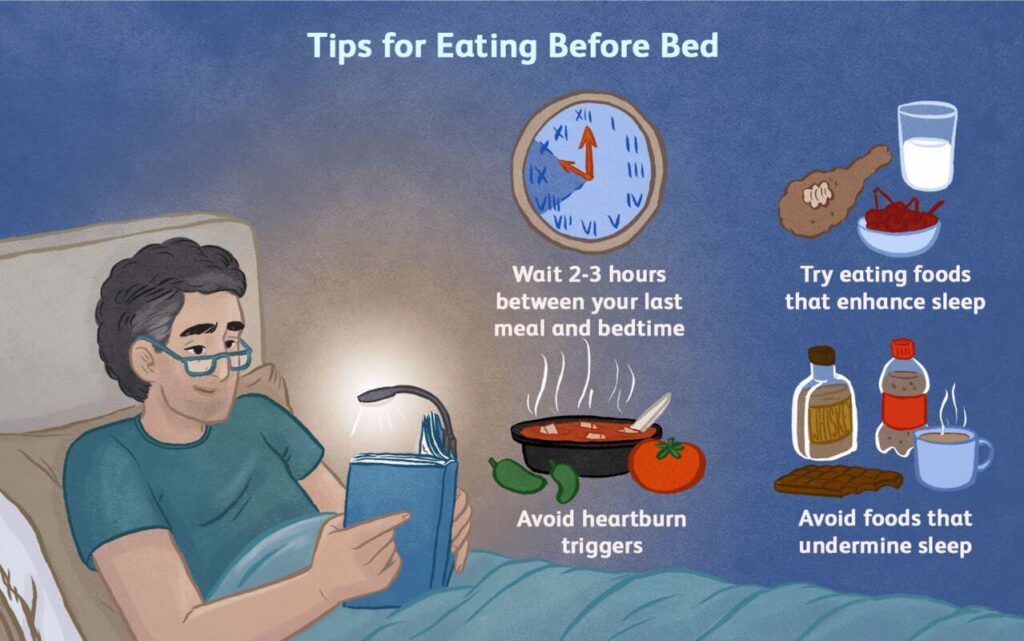The quality of sleep we enjoy is often a function of our sleep habits cultivated over the years. While some people find it easy to stick to a sleep schedule, others find their circadian rhythm uncontrollable. The inability to maintain a sleep schedule is one of the telltale signs of a sleep disorder called insomnia.

Like other forms of sleep disorders, insomnia tends to affect job performance and overall quality of life. Since patients with such disorders are awake for most of the day and night, they often lack the ability to concentrate on tasks.
Experts have established that sleep habits are essential to our psychology, physical functions, and coordination. Dr Carolina Leaf, a neuroscientist, explains with the following analogy: “Our physical brain and body have limited energy, and, like a cell phone’s battery, wear out and need recharging.” Sleep is our opportunity to recharge for longer mileage and optimal functioning.
Luckily, patients with sleep disorders can override it by cultivating some sleep hygiene skills. Like every other skill, sleep hygiene can be learned through dedication and consistency. Consequently, we shall discuss five habits that could help you maintain a bedtime routine and enjoy quality sleep.
ALSO READ: 11 Smart Bed and Bed Sheet Hacks for Comfort and Improved Sleep Quality
1. Prime Yourself Towards a Productive and Stress-Free Through Mindfulness
Do you remember going through a day with your attention all over the place and an overwhelming inability to achieve anything tangible? Now, try to loop back to how that day started right from your waking moment.
How you start a day significantly impacts how it turns out, and expert opinion backs this up. Now, how this relates to the quality of sleep at nightfall is that the shadows of the unproductivity from earlier in the day may follow you to bed.

Dr. Leaf says, “Work on being aware of and shifting your mindset for 30 seconds as you wake up in the morning.” Mindfulness right after waking might entail doing some yoga or working out. It may also include carving out time to list the essential tasks you look forward to in the day. Also, consider what you are grateful for and practice positive thinking during a meditation session that could get you pumped for the day.
2. Get Some Dose of Vitality From Nature
If you are an early riser, get some fresh air right after getting out of bed. Move to the closest fresh air source to your sleep environment, such as a window, balcony, or garden.

On the other hand, if your circadian cycle has you waking well after daybreak, endeavor to soak in some sunlight right after getting out of bed. To synergize these hacks with other productive activities, you may walk briskly to your neighborhood grocer or go for a jog just to catch that morning gust of wind and sunshine.
3. Work Some Positivity Into Your Thought Process
As the day unravels, look out for the prevalent negative thoughts dashing through your mind. Once you have a finger on it, review your to-do list and identify which of the items on it could help change the circumstance that births the negative thought.

Come up with a game plan to surmount the challenge. Leaving such negative thoughts unattended may amount to having a sleepless night later in the day.
4. Avoid Heavy Meals at Dinnertime
Dinner is often the last meal we have before retiring to bed. One thing you don’t want to do at dinnertime is skip the meal and proceed to bed. Doing that will most likely disrupt your circadian rhythm and have you snacking from the fridge in the early hours of the morning.

So, eat something, but keep it light. Similarly, it is always safe to maintain a bedtime routine of eating several hours before you intend to sleep.
ALSO READ: Everything You Need to Know about the Drunken Monkey Sleep Hack
5. Create a Sleep Environment that Fosters Relaxation
Your quality of sleep depends on the sleep duration achieved each night and how conducive your sleep environment is. Some business executives go to bed late and wake up very early. The secret of this category of execs is that they sometimes catch afternoon naps to regain energy peaks. This often compensates for their short sleep duration during the night.

Finally, relaxation is the core of healthy sleep habits. So, eliminate everything that will hinder optimal relaxation during sleep as much as possible. Trust us; you don’t want to sleep six hours straight and wake up like a person with a hangover.
It is never too late to start practicing healthy sleep habits. Sleep is like a muscle that we build with ease. Remember to practice mindfulness, watch your thoughts as the day progresses, and prepare yourself for restful sleep.
